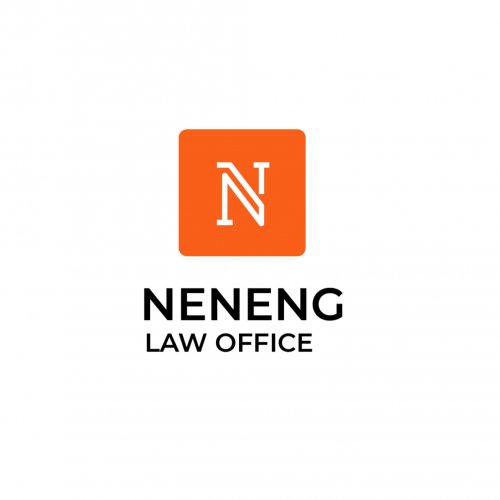Best Landlord & Tenant Lawyers in Douala
Share your needs with us, get contacted by law firms.
Free. Takes 2 min.
Free Guide to Hiring a Real Estate Lawyer
List of the best lawyers in Douala, Cameroon
About Landlord & Tenant Law in Douala, Cameroon
In Douala, the largest city in Cameroon, landlord and tenant laws aim to strike a balance between the rights and responsibilities of both parties involved. The relationship between landlords and tenants is largely governed by the Civil Code and, to some extent, the provisions of Cameroon's Constitution. The laws cover issues such as rental agreements, eviction procedures, security deposits, and maintenance responsibilities.
Why You May Need a Lawyer
A lawyer can provide necessary advice or representation in various landlord-tenant situations. For instance, if you are a tenant facing an eviction or a rent increase which you deem unfair, a lawyer can advise you on your rights and possible courses of action. Alternatively, if you’re a landlord struggling with uncooperative or non-paying tenants, legal advice can help ensure you follow the proper eviction process under Cameroon law. Other common cases where legal help might be necessary include ambiguous lease agreements or disputes over security deposits.
Local Laws Overview
Generally, rental agreements in Douala are enforced according to mutually agreed upon terms in a written contract. Landlords are required to maintain the property's livable conditions and can't raise rents arbitrarily. Security deposits are usually limited to an amount equivalent to two months' rent. For eviction, adequate notice, usually at least one month for residential properties, must be given. Additionally, it is not uncommon for a tenant to be asked to pay up to 1-2 years of rent upfront, a clear example of why understanding the legal framework is necessary.
Frequently Asked Questions
1. Can a landlord evict a tenant without notice in Douala, Cameroon?
No, the law requires landlords to provide sufficient notice to tenants before eviction.
2. How much can a landlord raise the rent?
Unless the rental agreement specifies otherwise, there is no hard and fast rule on rental increases. However, significant or sudden increases could potentially be contested in court as unreasonable.
3. What to do when the property requires major repairs?
Tenants should contact the landlord and notify them of the needed repairs. It is the landlord's responsibility to ensure the property is in a livable state.
4. Can a landlord demand more than two months' rent as a security deposit?
This is generally discouraged by law, but tenants should check their lease agreements and understand the terms before signing.
5.What is the standard period for a lease agreement in Douala?
The lease period varies according to mutual understanding between the landlord and tenant, but one to two years is common.
Additional Resources
Some valuable resources include the Ministry of Housing and Urban Development, the Cameroon Real Estate Association, and any number of local non-profit organizations focused on tenant rights. Consider doing further research online or in local libraries to understand more.
Next Steps
If you feel you may need legal assistance, you should engage a local Lawyer specialized in Landlord & Tenant law. Ensure you fully understand your position and rights before agreeing to any contract or proceeding with action. Don't hesitate to seek legal consultation to adequately protect your rights and interests.
Lawzana helps you find the best lawyers and law firms in Douala through a curated and pre-screened list of qualified legal professionals. Our platform offers rankings and detailed profiles of attorneys and law firms, allowing you to compare based on practice areas, including Landlord & Tenant, experience, and client feedback.
Each profile includes a description of the firm's areas of practice, client reviews, team members and partners, year of establishment, spoken languages, office locations, contact information, social media presence, and any published articles or resources. Most firms on our platform speak English and are experienced in both local and international legal matters.
Get a quote from top-rated law firms in Douala, Cameroon — quickly, securely, and without unnecessary hassle.
Disclaimer:
The information provided on this page is for general informational purposes only and does not constitute legal advice. While we strive to ensure the accuracy and relevance of the content, legal information may change over time, and interpretations of the law can vary. You should always consult with a qualified legal professional for advice specific to your situation.
We disclaim all liability for actions taken or not taken based on the content of this page. If you believe any information is incorrect or outdated, please contact us, and we will review and update it where appropriate.










